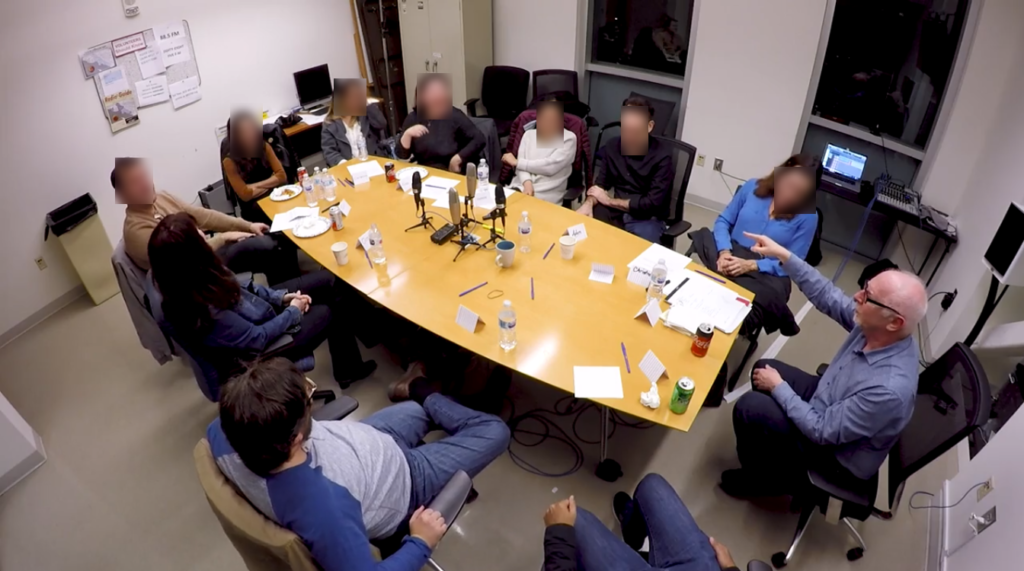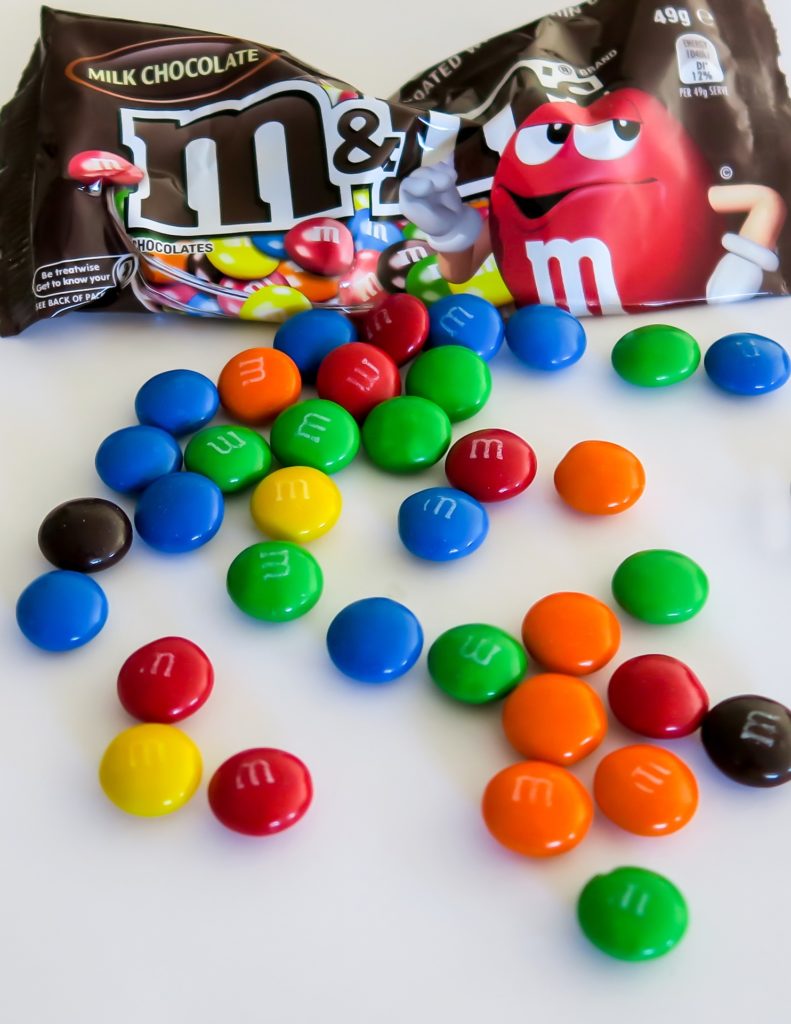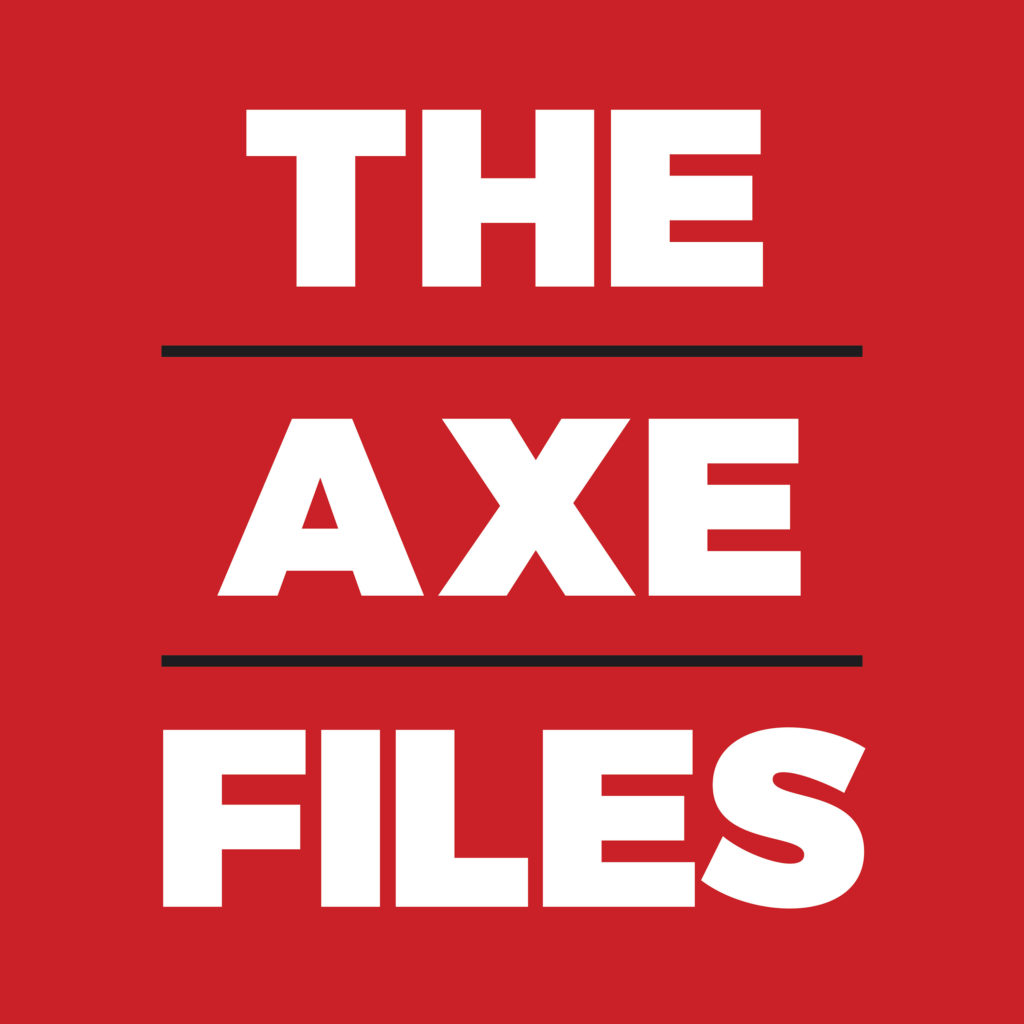
I’ve been involved in audience research since college, inspired by a professor at Michigan State, John Abel. Prior to taking his research methods class, my heart was set on being on the air or becoming radio’s next great production director. But “Dr. John” encouraged me to combine my love of radio programming with investigating what people want to hear.
His belief was that’s how you make better content.
That process of connecting the dots for me was magic.
With his goading, my first job out of school was working for Frank N. Magid, the media research giant still going strong today. And it was during my first few weeks on the job that I found myself serendipitously in my hometown of Detroit, on assignment to help seek out the truth for one of America’s great radio stations, the legendary WJR.
At the time, “The Great Voice of the Great Lakes” was a monster in the market. Its morning guy, J.P. McCarthy, was the most popular, highest-rated morning show in the Motor City by a ridiculously large margin. The station was a market institution, a juggernaut. And truth be told, I had tried to get a job on their staff in that past year with no success. I couldn’t get my foot in their art deco glass door.
But as a researcher, I had their attention. And that night’s focus groups were a revelation – to the WJR management team – and to ME. It turned out I was a pretty good listener, “played dumb” exceptionally well, and was able to glean a lot about how the station resonated with its hometown audience.
While I became adept at quantitative research at Magid – and beyond – my focus group experience proved to be of immense value – again and again. That’s because you learn things in qualitative research that can’t possibly come out when you’re using big samples and questionnaires. Of course, there is tremendous benefit in reliable statistical samples, too.
But focus groups help provide the emotional side of the spectrum – especially important, as we know, when working in radio. So much of the decisions audiences make and the perceptions they develop are born out of irrational emotions. Meeting a DJ, loving a station’s music, screaming at a talk show host, and depending on a station in the middle of an emergency – those are all experiences that are commonly discussed in focus groups, but simply do not come up when you ask “Which station plays too many bad songs along with the good ones?”
and the perceptions they develop are born out of irrational emotions. Meeting a DJ, loving a station’s music, screaming at a talk show host, and depending on a station in the middle of an emergency – those are all experiences that are commonly discussed in focus groups, but simply do not come up when you ask “Which station plays too many bad songs along with the good ones?”
I’m sometimes asked just how many focus groups and Listener Advisory Board Groups I’ve conducted in the last 4+ decades. I once tried to calculate it, and reached the conclusion it is well over one thousand of these get-togethers in poorly furnished conference rooms illuminated with fluorescent lights. I have no doubt no one has moderated more of these groups on behalf of radio brands than me. Or eaten as many M&Ms.
And that’s just in radio. I’ve also had the benefit of sitting at the head of the table on behalf of MTV, Comedy Central, Vh1, and Playboy, in addition to sessions about lunch meat, nursing homes, car auctions, and law schools.
I’ve also had just about everything go wrong in these sessions, including a respondent having an epileptic seizure. He recovered, and stayed for the remainder of the group. Then there was the transvestite who tried to attend an all-female group. That was awkward. Not to mention a handful of drunks, flirts, and other distractions that cropped up along the way.
Focus groups were instrumental in me gaining a true understanding of the Classic Rock format, and its core fans. I later used a lot of those same learnings to better grasp the Alternative audience when we launched The Edge. And in the past decade, our foray into mobile apps with jācapps, and even more recently, smart speakers, has been guided by simply listening to consumers talk – and watching their faces. While quantitative data has always been a part of our work, the ability to hear from real listeners and customers, talking about how they interface with brands has been priceless.
These days, we’re living through a state of sweeping disruption that is impacting industry after industry. Legacy brands are under pressure, new startups are upsetting the old world order, and innovation is everywhere. Asking the same questions in the same way won’t give strategists and programmers the information they need, even if they interview hundreds of respondents.
 That hit home for me last week while listening to David Axelrod’s fine podcast, The Axe Files, with his guest James Carville. Now, not wanting to go political on you, this turned out to be a fascinating conversation between two savvy operatives who have managed their share of campaigns on the biggest stage in the country. Carville was Bill Clinton’s go-to strategist, while Axelrod was on the Obama team. Hearing the two of them trade war stories is instructive and fascinating, no matter your business.
That hit home for me last week while listening to David Axelrod’s fine podcast, The Axe Files, with his guest James Carville. Now, not wanting to go political on you, this turned out to be a fascinating conversation between two savvy operatives who have managed their share of campaigns on the biggest stage in the country. Carville was Bill Clinton’s go-to strategist, while Axelrod was on the Obama team. Hearing the two of them trade war stories is instructive and fascinating, no matter your business.
And when the conversation turned to research (around the 38:00 minute point), I was all ears. Especially when the subject turned to focus groups. Here’s a very brief clip from Axlerod, and the link to the podcast.
“I always thought, by the way, that we make so much of polling; I’ve learned so much more from focus groups – qualitative research – where people are speaking in their own words because they always find a way of saying it better than you would say it without listening to them.”
I look at stations, companies, and organizations that shell out in the high five figures for quantitative research – without taking the time to hear from their customers first – and I wonder whether they’re getting enough ROI. Not only do focus groups help you design a better questionnaire, they also provide that all-important emotional connection that is so critical to the discovery and consumption of entertainment and information media content.
Fact is, I still love moderating groups. (It’s more fun than watching them.) And I learn important things and come up with new ideas every time I walk in and introduce myself to a room full of perfect strangers.
In an age of endless data, there is no substitute for sitting in conference rooms with real customers – and listen to them.
After listening to Axe and Carville talk about the value of focus groups to their political careers, I couldn’t help but think how much they’ve benefited mine.
And hopefully yours – if you take the time to do them.
Please pass the M&Ms.
P.S. Rich DeSisto sent me this new Progressive commercial that’s on point for this conversation about focus groups. It’s one of the better ones.
https://www.youtube.com/watch?v=iRPkQDOHSt8
- What To Do If Your Radio Station Goes Through A Midlife Crisis - April 25, 2025
- A 2020 Lesson?It Could All Be Gone In A Flash - April 24, 2025
- How AI Can Give Radio Personalities More…PERSONALITY - April 23, 2025




I never got to do focus groups, Fred, but I have always said that by far the best station imaging sweepers I ever had came from the qualitative research we did at a station where we were doing online music research every 2 weeks. Besides doing the “1-5” song ratings, we asked listeners qualitative questions. What listeners said in their own words was so much better than anything I ever wrote. I literally used what they said word for word, no changes. During this time, that station achieved its all time high ratings.
Smart, Mark. I’m hosting a panel at the Canadian Music Week conference this afternoon about the power of station audio signatures – how to create them and also how to test them. There are some very innovative research tools now available. Thanks for chiming in.
The comment made above “Then there was the transvestite who tried to attend an all-female group. That was awkward.” really stuck out to me. I’m wondering how you knew they were cross dressing, did they say there were? And if so, did they say why they wanted to be in the women’s group? I’m very curious how those situations are handled.
Fred, I’ve sat next to you in Full blown perceptual studies, and watched you in action doing in person focus groups. You are a master of getting fans to talk about what they love and what they don’t. And you are so right about research. Your professor gave you great advice. I feel very blessed that those tools were available and taken advantage of in my years of programming. Your guidance has always been right on the money.
Appreciate that, Brent. I enjoy them all. Thanks for the kind words.
Ah Fred, we’ll always have ‘Stuart the Communist’. He was a memorable participant.
I remember them ALL. (No, not really, but the real whack-jobs – definitely).
Perhaps the bigger issue, Fred, is..
Peanut or plain M&Ms?
Peanut. Always.